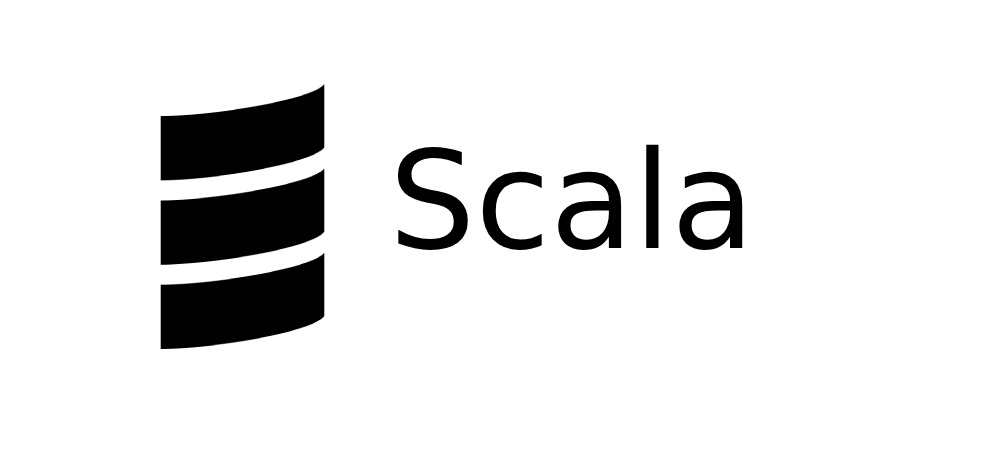
In the ever-evolving landscape of programming languages, Scala has emerged as a powerful tool for developing robust and scalable software applications. Known for its fusion of object-oriented and functional programming paradigms, Scala offers developers a rich and expressive language that promotes code reusability, maintainability, and efficiency. In this blog post, we will explore the features and benefits of Scala, and why it has gained popularity among developers and organizations worldwide.
The Power of Scala
Scala, short for “scalable language,” was designed to address the shortcomings of traditional programming languages while incorporating the best practices and concepts from object-oriented and functional programming. Here are some key features that make Scala stand out:
a) Object-Oriented and Functional Programming: Scala seamlessly blends the object-oriented and functional programming paradigms, allowing developers to write concise and expressive code. It provides support for immutable data structures, higher-order functions, pattern matching, and other functional programming concepts.
b) Strong Static Typing: Scala is a statically typed language, which means that the type of every expression is checked at compile-time. This helps catch errors early in the development process and improves code reliability.
c) JVM Compatibility: Scala runs on the Java Virtual Machine (JVM), making it interoperable with existing Java codebases. This compatibility allows developers to leverage Java libraries and frameworks while enjoying the benefits of Scala’s expressive syntax and functional programming capabilities.
d) Concise Syntax: Scala’s concise syntax reduces boilerplate code and enhances code readability. Features such as type inference, case classes, and higher-order functions enable developers to write expressive and elegant code with fewer lines.
e) Scalability: As its name suggests, Scala is designed to scale. It provides excellent support for building concurrent and distributed applications through its Actors model and built-in support for futures and promises. This makes Scala well-suited for building high-performance, scalable systems.
Benefits of Scala
Using Scala for software development offers several advantages:
a) Increased Developer Productivity: Scala’s expressive syntax and concise code allow developers to write complex logic with fewer lines, reducing the time and effort required for the development. The language’s focus on code reuse and functional programming principles promotes modular and reusable codebases, further enhancing productivity.
b) Enhanced Performance: Scala’s ability to leverage the power of the JVM enables developers to build high-performance applications. It provides efficient memory management, supports parallel and asynchronous programming, and offers built-in concurrency primitives, resulting in faster and more responsive software.
c) Compatibility and Interoperability: Scala’s compatibility with Java ensures smooth integration with existing Java codebases, libraries, and frameworks. This allows organizations to leverage their investments in Java while gradually adopting Scala for new development.
d) Community and Ecosystem: Scala has a vibrant and active community, offering a wealth of resources, libraries, and frameworks. Popular frameworks like Akka, Play Framework, and Spark leverage Scala’s features to provide scalable and performant solutions for various domains.
e) Industry Adoption: Scala has gained significant traction in the industry, with many organizations, including Twitter, LinkedIn, and Airbnb, adopting it for their critical software projects. Its scalability, expressiveness, and robustness have made it a preferred choice for building high-profile, mission-critical applications.
Use Cases for Scala
Scala’s versatility makes it suitable for a wide range of applications, including:
a) Big Data Processing: Scala, in conjunction with Apache Spark, has become a go-to language for big data processing. Its support for distributed computing, immutability, and functional programming enables developers to build scalable and efficient data processing pipelines.
b) Web Application Development: Scala, with frameworks like Play Framework and Lift, empowers developers to build high-performance web applications. These frameworks leverage Scala’s expressive syntax and scalability features to deliver responsive and robust web solutions.
c) Reactive Systems: Scala’s support for reactive programming makes it an excellent choice for building reactive systems that are responsive, resilient, and message-driven. The Akka toolkit, built on top of Scala, provides powerful tools for building reactive applications with actor-based concurrency and fault-tolerance.
d) Domain-Specific Languages (DSLs): Scala’s flexibility and ability to define internal DSLs make it a popular choice for creating domain-specific languages tailored to specific problem domains. This allows developers to express complex business logic in a more concise and readable manner.
Conclusion
Scala’s fusion of object-oriented and functional programming paradigms, along with its compatibility with the JVM, makes it a powerful language for developing robust, scalable, and high-performance software applications. Its expressive syntax, strong static typing, and support for concurrency and distributed computing enable developers to write elegant and efficient code. With a thriving community and a rich ecosystem of libraries and frameworks, Scala continues to gain popularity among developers and organizations worldwide. By harnessing the power of Scala, software developers can unlock new levels of productivity, scalability, and innovation, paving the way for the future of software development.













































Recent Comments